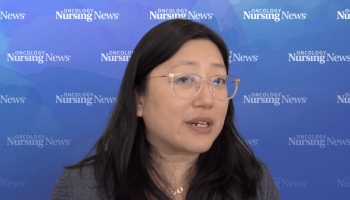
Oncology nurses should inform patients about adverse events and the signs of interstitial lung disease before treating their breast cancer with T-DXd.

Oncology nurses should inform patients about adverse events and the signs of interstitial lung disease before treating their breast cancer with T-DXd.

The FDA approved osimertinib for locally advanced, unresectable stage III EGFR-mutated non-small cell lung cancer.

Chlorhexidine dressings, along with proper patient education, are key in preventing central line-associated blood stream infections in patients with cancer.
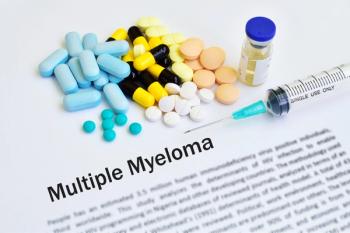
A group of advanced practice providers discuss treatment options for a woman with newly diagnosed, transplant-ineligible multiple myeloma.

A nurse practitioner discusses her role in caring for patients with multiple myeloma, and how advanced practice providers have a unique skillset to offer in cancer care.

The FDA approved isatuximab plus bortezomib, lenalidomide, and dexamethasone for patients with newly diagnosed myeloma who are ineligible for ASCT.

During a Community Case Forum series, breast cancer experts discussed the importance of testing for ESR1 mutations, in particular with the use of elacestrant, in HR-positive, HER2-negative metastatic breast cancer.
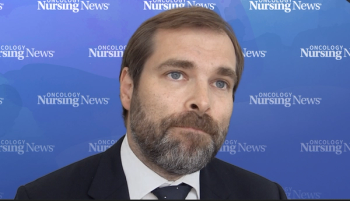
Adding relatlimab to nivolumab and chemotherapy improved efficacy but did not increase safety concerns in advanced-stage lung cancer.

A group of oncology advanced practice providers discussed the use of BCMA-targeted bispecific antibodies for patients with relapsed/refractory multiple myeloma.

Both community and academic nurses must know what to expect and how to react to adverse events from bispecific antibody treatment in myeloma; however, Donna Catamero, ANP-BC, OCN, CCRC, notes this can be predictable for providers.
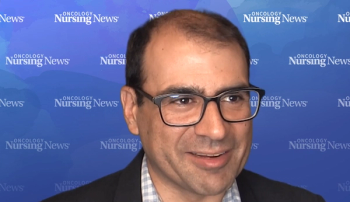
Bispecific antibodies like teclistamab offer “more potent” treatment than monoclonal antibodies for patients with relapsed or refractory multiple myeloma.
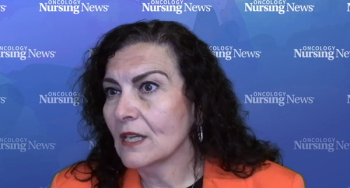
An oncology nurse practitioner highlights the benefits of attending conferences like the ASCO Annual Meeting.
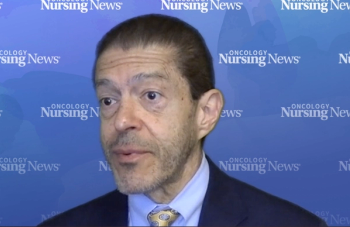
Care teams should maintain frequent communication with patients with chronic myeloid leukemia to ensure best outcomes, even between appointments.
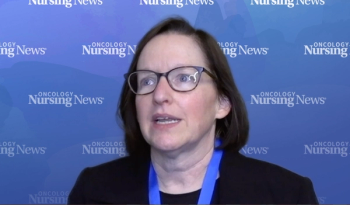
The health care team should provide an open forum for patients with chronic myeloid leukemia to discuss how adverse events from treatment affect daily function.
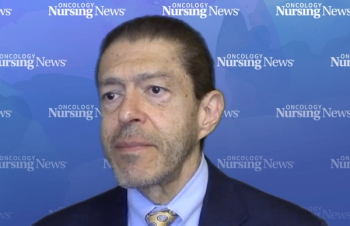
Patients who recently received a chronic myeloid leukemia diagnosis can benefit from initial discussions about treatment, side effects, and study results.
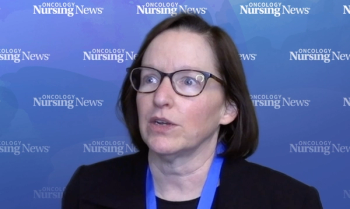
Resources are available to help patients through a chronic myeloid leukemia diagnosis and treatment.
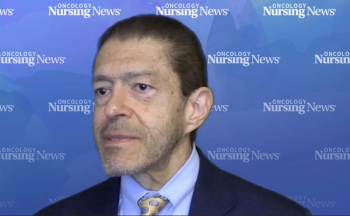
As most adverse effects of chronic myeloid leukemia treatment are manageable, patients with the disease may be able to continue their normal lifestyle while receiving therapy.
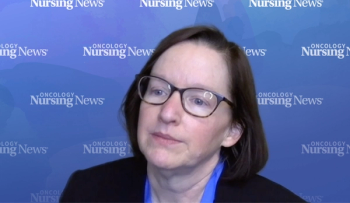
Patient-provider conversations are vital to promote the best care for chronic myeloid leukemia, a patient advocate said.

Talquetamab treatment was safe and efficacious for patients with relapsed or refractory multiple myeloma, including those with comorbidities and poor functional status.

Frontline amivantamab plus lazertinib outperformed osimertinib regarding progression-free survival in patients with high-risk EGFR-mutant non-small cell lung cancer.

A brentuximab vedotin-containing regimen led to “unprecedented” progression-free survival improvements in patients with advanced classical Hodgkin lymphoma.

Most survivors of stage I-III breast cancer who attempted pregnancy succeeded, though there were certain factors that seemed to increase the chance of conception.

Meaghan Mooney, B.S.N., RN, OCN, discusses the steps she takes to be an extraordinary healer every day and offers advice for newer oncology nurses.
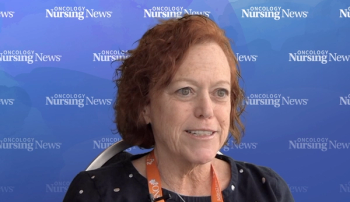
After reviewing the evidence, nurses switched from heparin-based flushes to all saline flushes for patients disconnecting chemotherapy at home.
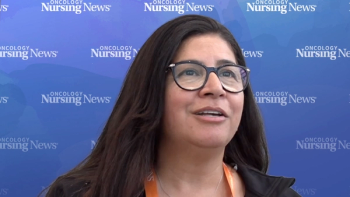
An oncology nurse explains how her institution created a surgical path card that improved wait times and patient satisfaction in adults undergoing cancer surgery.
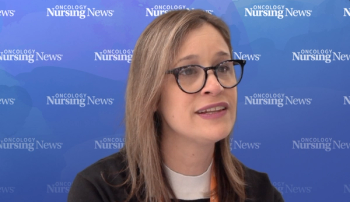
The newly appointed president of the Oncology Nursing Society (ONS) discussed healthcare policies that she and ONS will continue to advocate for in the cancer space.
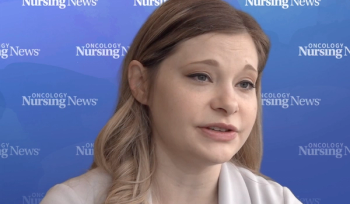
Advanced practice providers can lead clinical teams and patients to boost oncology clinical trial enrollment, a nurse practitioner explained.
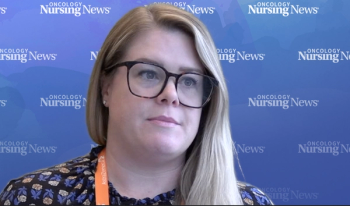
Establishing a nurse-led system to administer tocilizumab in patients receiving bispecific antibodies tended to get the immunosuppressive drug to patients faster.
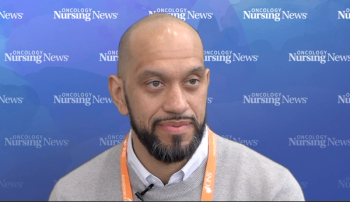
An oncology nurse details strategies used at his institution to reduce burnout — which can ultimately decrease the rate of “silent quitting.”
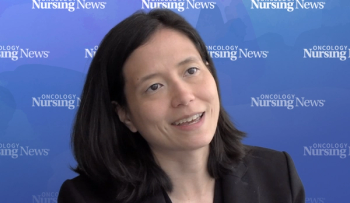
The establishment of a multidisciplinary committee can help identify opportunities to best face the ongoing cancer drug shortage.